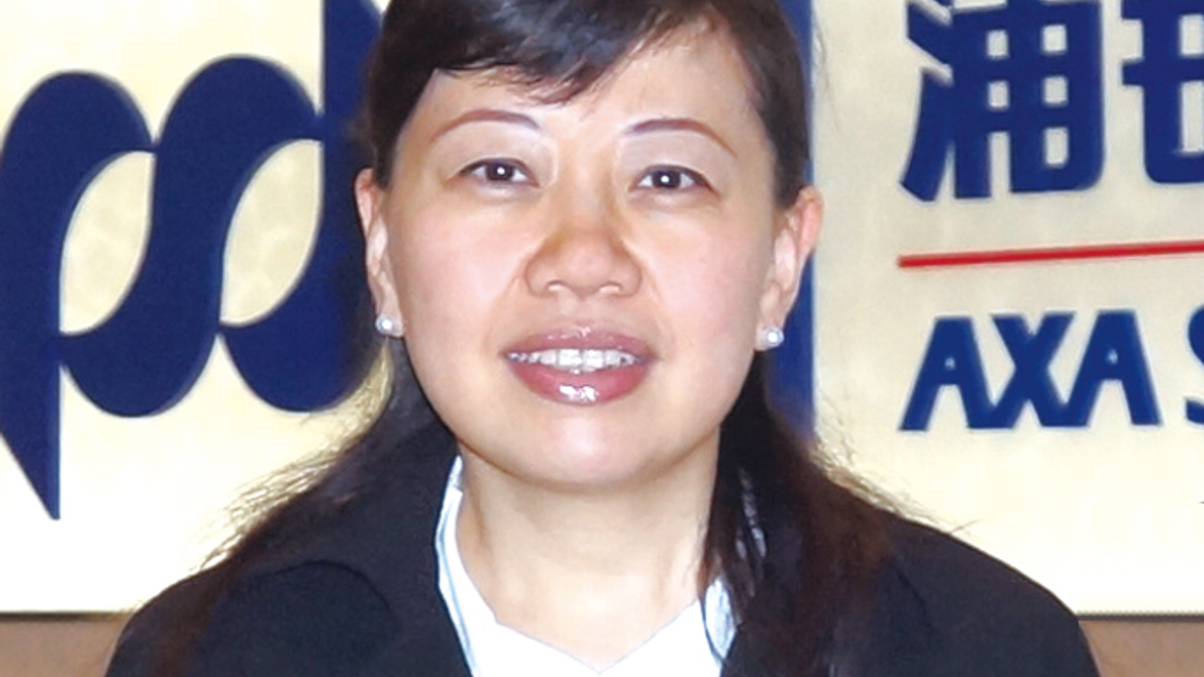Axa SPDB plans funds, eyes 50% asset growth
Axa Investment Manager's China JV has plans for its new segregated account subsidiary and fund launches within the Shanghai free trade zone, including an internet finance product.

Having set up a segregated account (SA) subsidiary in Shanghai's free trade zone, Axa Investment Manager's Chinese joint venture is planning fund launches, including an internet finance product aimed at corporate investors.
Sign in to read on!
Registered users get 2 free articles in 30 days.
Subscribers have full unlimited access to AsianInvestor
Not signed up? New users get 2 free articles per month, plus a 7-day unlimited free trial.
¬ Haymarket Media Limited. All rights reserved.


